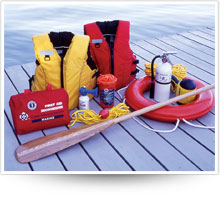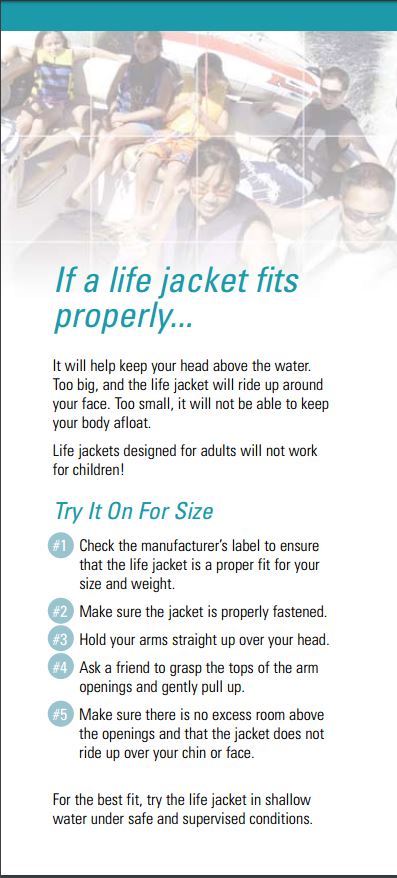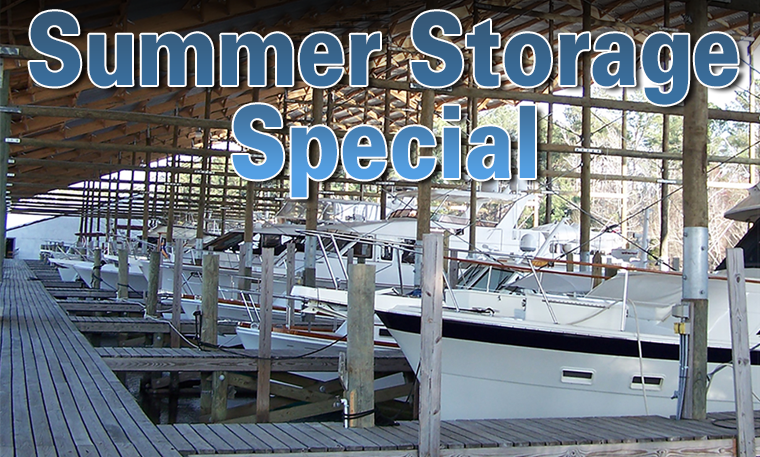In 2014, the Caribbean saw more than 26 million trips from foreigners, with over half of those being directly related to tourism. Maritime and coastal tourism have accounted for up to ⅓ of the marine economy in the E.U.. Hedy Lamarr (the actress) once said, “I’ve met the most interesting people while flying or on a boat. These methods of travel seem to attract the kind of people I want to be with.”
For those just getting into boating or traveling by boat (sail, power, trawler, sternwheelers, etc.), preparing for a trip on the high seas is more difficult than one might think. I have found that taking a trip by boat, without using a yacht charter service, can be surprisingly complicated. These trips aren’t your run of the mill drive by car or fly by plane trips, which still take time, effort, and planning. Knowing what to do and when to do it is essential for a seamless and fun trip, which is why planning is essential. Once the decision has been made to go on a trip, by boat, with your friends and family, it will finally be time to begin your journey.
“I Can Do This by Myself”
Too many individuals go into travel planning processes (especially those involving boats, excluding chartered cruises) with the idea that they will be planning the entire trip without the help or advice of others, for a myriad of reasons. For example, maybe they don’t work well with others or maybe they get embarrassed asking for help. Regardless, one of the first things to do it rid yourself of this mindset. Yes, there are hundreds of thousands of travel sites, however, this should only be the start of your travel planning.
Begin with the internet. Then start enlisting the help of people on boating and sailing related forums. Meeting up with crews and owners at marinas can also be a great source of information. Travel agents are another group you can speak with during the planning process. Not only do travel agents know the ins and outs of multiple destinations, but they know more than you do. They also have better connections, and can be safety nets if you choose to work with them during the entirety of your travel process. Finally, be sure to visit and play with a number of boat travel planners, such as this one. Online tools can give you a sense of how many nautical miles you will be traveling or how much fuel you may need.
Decide Where You Are Going
You likely already have an idea of the route you plan on taking, which is a start. A thorough travel route should be a priority though and should include a multitude of specifics. Plotting your route on a map can eliminate any questions about where you are going, how much fuel may be needed, what ports you plan to stop at, what ports can be emergency backups, etcetera. Additionally, once you know the route you are taking and the dates, you can begin to look at weather patterns. On the water, one must consider wind and waves, the potential for tsunamis, and, most likely, hurricanes. Understanding the potential for storm surges, winds, and the path of hurricanes could significantly alter the course of a boat trip. Have your hurricane preparedness plan arranged before leaving.
Budget, Budget, Budget
Once a clear route and time range has been established, evaluating the budget of the trip will come next. One must account for food, water, pre-departure maintenance, fuel for along the way, the cost of staying at ports, and any fees and papers for coming or going from your destination. Keeping your food costs down, watching fuel prices from numerous resources, and preplanning your stays will likely save you a few bucks. Remember to account for several days extra worth of water and food in case of emergencies.
“A boat is a hole in the water that you throw your money into.” This is a fairly accurate description if something bad happens to your boat. What happens when you haven’t budgeted or aren’t prepared for those costs? You may need to buy parts or visit a marina for repairs. This is why you should consider your options.
Safety First is Safety Always
There are a countless number of boating safety related infographics, articles, and videos out there on the web. First, use your common sense. If you don’t know your way around boats very well, hire someone who does. Alternatively, have someone aboard that can serve as an assistant skipper in case you are injured or for some other reason incapable of operating the boat. As mentioned earlier, be weather aware, and download and complete a safety checklist to help you prepare.
Furthermore, consider the safety of the wildlife and ocean around you. There have been several maritime laws that have been put into place in order to protect the environment. In 2010, there were approximately 10.2 million pieces of trash collected along just U.S. coastline. Protecting the environment and protecting travelers should be of the utmost importance during a long excursion on a boat. Should one of the travelers jump in for a dive, they may encounter ocean pollution, which is not only toxic for the oceans but can be dangerous for
those in the water. Keep an eye on the water around you and remember to dispose
of your trash appropriately.
Befriend Fellow Travelers
Now comes the fun. From here on out, you are boating for the reasons that made you want to travel initially- minus regularly making pit stops for supplies and doing daily chores. During your journey, be sure to meet up with other people who are traveling by boat. As Hedy Lamarr acknowledged, this traveling crowd tends to be light hearted, and are actually some of the most active and healthy individuals. When speaking with other boaters, you may learn a thing or two about the next destination on your list. Plus, as a side bonus, you have the potential of meeting and making lifelong friends.
Remember Why You are Boating and Yachting
Boating and traveling are, in several ways, ideal leisure activities for many. Don’t forget this while you are traveling. Yes, there will be work involved. Yes, there may be small problems here and there. But you are traveling on a boat for your own (hopefully positive) reasons. Relax, turn on some of your favorite tunes, do the activities you planned, enjoy the company around you, and have safe travels.




